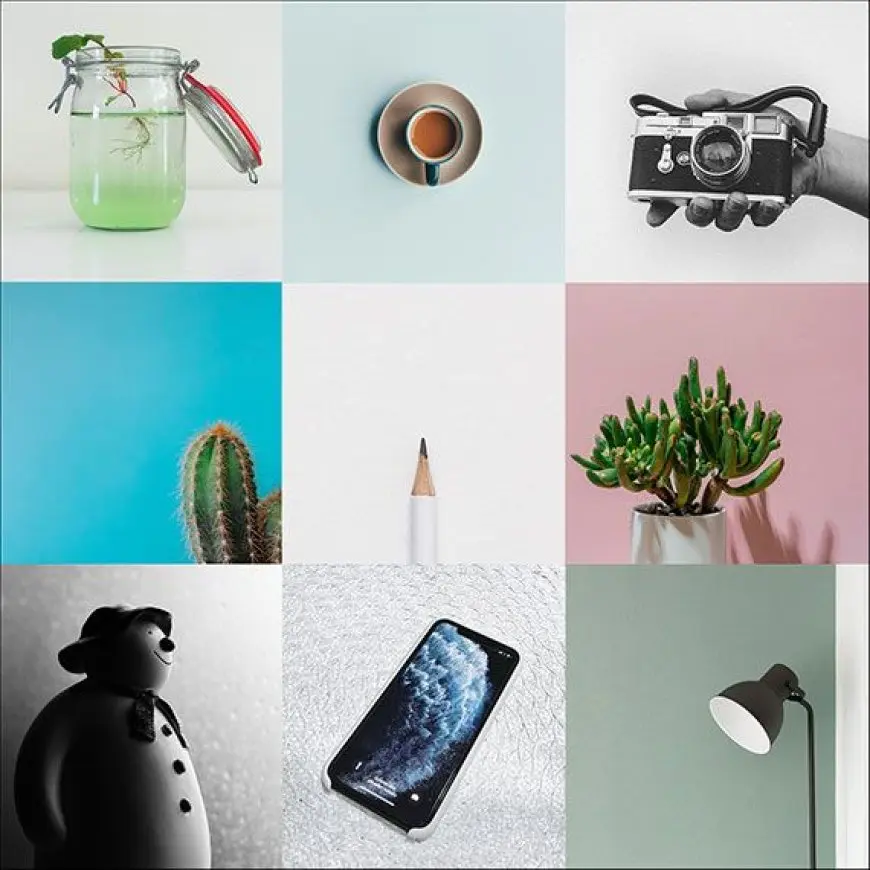The Benefits of Minimalism and How to Get Started
The Benefits of Minimalism and How to Get Started

Minimalism is a lifestyle that emphasizes simplicity and intentional living. By focusing on what truly matters and eliminating excess, minimalism helps you create a more meaningful and stress-free life. It’s not about deprivation but making conscious choices that align with your values. Here’s a closer look at the benefits of minimalism and practical steps to begin your journey:
Experience less stress and more clarity. Clutter, whether physical or mental, can lead to feelings of overwhelm. Minimalism helps you declutter your environment and mind, creating a sense of calm and clarity that reduces stress and enhances focus.
Save money and live sustainably. Owning less means buying less, which translates into financial savings and a reduced environmental footprint. Minimalism encourages thoughtful consumption, making it a win for your wallet and the planet.
Focus on quality over quantity. Minimalism prioritizes investing in fewer, higher-quality items that serve you well over time. This shift reduces waste and enhances your appreciation for the things you own.
Strengthen relationships. By letting go of material distractions, you can focus more on experiences and relationships. Minimalism helps you prioritize meaningful connections over accumulating possessions.
Gain freedom and flexibility. With fewer belongings tying you down, minimalism allows you to explore new opportunities, travel more easily, and live with greater spontaneity.
Cultivate mindfulness. Simplifying your life encourages you to be present and intentional in your choices. Minimalism fosters gratitude for what you have and helps you break free from the constant pursuit of “more.”
To start your minimalism journey, begin with small, manageable steps:
Define your “why.” Reflect on why minimalism appeals to you. Do you want less stress, more time for loved ones, or financial freedom? Knowing your motivation will guide your decisions and keep you inspired.
Start decluttering gradually. Begin with one area, such as your wardrobe or a single drawer, and sort items into categories: keep, donate, sell, or discard. Focus on what you truly need and love, and let go of the rest.
Adopt a “one in, one out” rule. For every new item you bring into your home, let go of something else. This practice helps maintain balance and prevents clutter from accumulating again.
Simplify your schedule. Minimalism isn’t just about physical possessions; it’s also about managing your time. Evaluate your commitments and prioritize activities that align with your values.
Embrace digital minimalism. Reduce digital clutter by organizing your files, unsubscribing from unnecessary emails, and limiting time spent on social media. A streamlined digital life can enhance focus and reduce distractions.
Practice mindful consumption. Before making a purchase, ask yourself if the item aligns with your goals and if it truly adds value to your life. This practice curbs impulse buying and promotes thoughtful decision-making.
Focus on experiences over things. Invest in memories rather than material possessions. Whether it’s traveling, attending a concert, or simply spending quality time with loved ones, experiences enrich your life more deeply.
Learn to appreciate simplicity. Take time to enjoy the peace and beauty that comes with living simply. Whether it’s savoring a quiet moment or appreciating a tidy space, these moments reinforce the benefits of minimalism.
Be patient with yourself. Transitioning to a minimalist lifestyle is a journey, not a race. Embrace progress over perfection, and remember that minimalism looks different for everyone.
By embracing minimalism, you can create a life filled with purpose, clarity, and joy. It’s a powerful way to align your environment and choices with the values that matter most to you.







